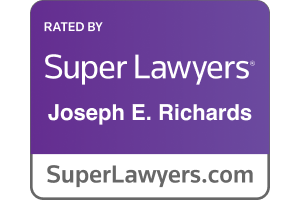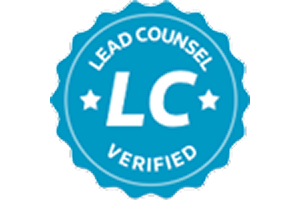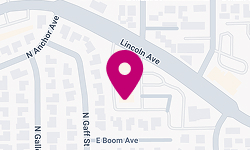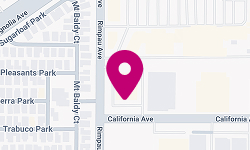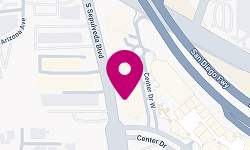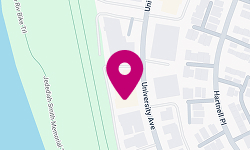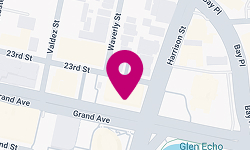- Free Consultation: (888) 883-6588 Tap Here To Call Us
Pregnancy And Parental Leave Rights For California Workers
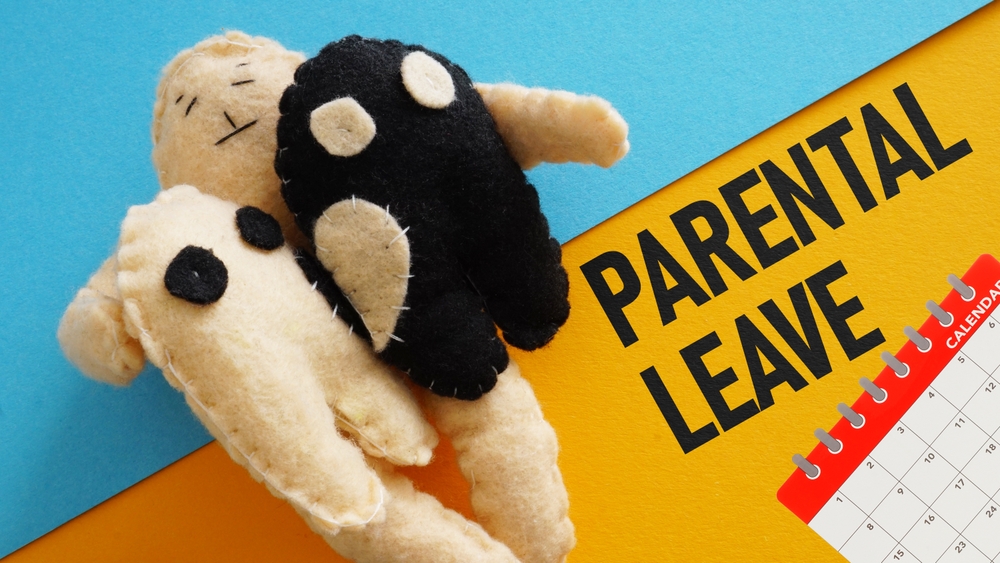
Pregnancy and parental leave protections play an essential role in ensuring that California employees do not have to choose between family responsibilities and financial stability. California law provides some of the strongest protections in the nation, offering rights to job-protected leave, continuation of health benefits, and reinstatement once the leave ends.
Employers are required to comply with both state and federal statutes, and failure to do so can lead to serious legal consequences. These protections are not only critical for expectant mothers but also for fathers, adoptive parents, and individuals welcoming a new child through foster placement. The laws governing these rights are comprehensive, and understanding them helps employees recognize what protections exist and when an employer may be acting unlawfully.
California Pregnancy Disability Leave
Under the California Fair Employment and Housing Act (FEHA), Cal. Gov. Code §12945, an employee disabled by pregnancy, childbirth, or a related medical condition has the right to up to four months of job-protected Pregnancy Disability Leave (PDL). This leave can be taken before or after childbirth, depending on the medical need. During PDL, the employer must maintain health insurance coverage on the same terms as if the employee were actively working.
This leave is separate from parental leave. For example, if an employee takes four months of PDL, that individual may also be eligible for additional leave under the California Family Rights Act once the disability period ends. Employers cannot require the use of vacation or sick time before PDL is taken, although an employee may choose to use accrued paid leave if desired.
California Family Rights Act Leave
The California Family Rights Act (CFRA), Cal. Gov. Code §12945.2, provides up to 12 weeks of unpaid, job-protected leave for bonding with a new child. This applies to birth, adoption, or foster care placement. Unlike PDL, CFRA leave is not limited to mothers recovering from childbirth; it applies equally to fathers and other parents.
An employee becomes eligible for CFRA leave after working for an employer with five or more employees for at least 12 months and completing 1,250 hours of service during the prior year. CFRA leave ensures that the employee can return to the same or a comparable position. Importantly, CFRA leave does not run concurrently with PDL. This means a mother could take both leaves consecutively—first PDL for up to four months, followed by CFRA leave for 12 weeks of bonding time.
Federal Family And Medical Leave Act
The Family and Medical Leave Act (FMLA), 29 U.S.C. §2601 et seq., also provides 12 weeks of unpaid leave for parental bonding or medical reasons. FMLA applies to employers with 50 or more employees and has similar eligibility requirements to CFRA. In many cases, CFRA and FMLA run concurrently. However, there are differences: for example, the FMLA does not cover registered domestic partners, whereas the CFRA does.
Employees covered by both statutes may find that the laws overlap, but California law typically provides broader protection. Courts and agencies apply whichever law grants the greater benefit to the employee.
Interaction Of State And Federal Laws
An employee who qualifies under PDL, CFRA, and FMLA may be entitled to significant amounts of leave. For instance, a woman with pregnancy complications could take four months of PDL, followed by 12 weeks of CFRA bonding leave, resulting in nearly seven months of protected leave. Employers must be careful not to unlawfully interfere with or discourage the exercise of these rights, as doing so may result in liability under California and federal law.
Employer Obligations Under California Law
Employers must not only grant the leave but also comply with additional legal obligations:
- Maintain group health insurance benefits during PDL and CFRA leave.
- Reinstate the employee to the same or a comparable position.
- Post notices about employee leave rights in the workplace, as required by the California Code of Regulations, Title 2, §11095.
- Refrain from retaliation against employees who request or take leave.
Failure to comply with these obligations may give rise to claims for damages, reinstatement, and attorney’s fees.
Paid Family Leave Benefits
In addition to job-protected leave, California employees may be eligible for partial wage replacement under the Paid Family Leave (PFL) program, administered through the Employment Development Department. PFL provides up to eight weeks of partial pay benefits for bonding with a new child or caring for a seriously ill family member. PFL does not provide job protection on its own, but when combined with CFRA or FMLA, it helps employees afford time off without losing essential income.
Practical Challenges And Enforcement
Although the law provides strong protections, disputes often arise when employers deny leave, fail to reinstate employees, or retaliate against workers who exercise their rights. In such cases, an employee may file a complaint with the California Civil Rights Department (CRD) or pursue a civil lawsuit. Remedies may include reinstatement, back pay, and damages for emotional distress. Courts have consistently reinforced the importance of these rights, emphasizing that pregnancy and parental leave are protected as a matter of state policy.
Frequently Asked Questions About Pregnancy And Parental Leave Rights For California Workers
What Is The Difference Between Pregnancy Disability Leave And Cfra Leave?
Pregnancy Disability Leave (PDL) covers up to four months when an employee is disabled due to pregnancy, childbirth, or related conditions. CFRA leave, on the other hand, provides up to 12 weeks for bonding with a child and applies to both mothers and fathers. These leaves do not run concurrently, meaning a mother may take both in sequence.
Can A Father Take Parental Leave Under California Law?
Yes. Fathers are entitled to up to 12 weeks of bonding leave under the California Family Rights Act if eligibility requirements are met. Fathers may also qualify for Paid Family Leave wage replacement benefits through the Employment Development Department.
Does Paid Family Leave Guarantee Job Protection?
No. Paid Family Leave provides wage replacement benefits but does not itself guarantee reinstatement. Job protection comes from statutes such as CFRA, FMLA, and PDL. When combined, PFL benefits and job-protected leave provide both financial support and legal security.
What Happens If An Employer Refuses To Grant Leave?
If an employer unlawfully denies leave, an employee may file a complaint with the California Civil Rights Department or pursue a lawsuit. Remedies can include reinstatement, lost wages, and damages. Employers who interfere with statutory rights face serious legal consequences.
How Much Notice Must An Employee Give Before Taking Leave?
Under California law, employees must provide reasonable advance notice of the need for leave when foreseeable. Employers may require medical certification for PDL, but cannot impose unnecessary barriers to exercising these rights.
Can An Employer Terminate Employment While On Leave?
Employers cannot terminate an employee for taking protected leave. However, if an unrelated legitimate reason for termination exists, such as company-wide layoffs, termination may occur. Any action taken must be consistent with the law and cannot be based on leave usage.
Do Small Employers Have To Provide Parental Leave?
Yes. Since January 1, 2021, the California Family Rights Act applies to employers with as few as five employees. This significantly expanded coverage, giving many workers in smaller businesses the same rights as those in larger companies.
Can Leave Be Taken Intermittently?
Yes. Both the CFRA and FMLA permit intermittent leave under specific circumstances. For example, bonding leave may be taken in two-week increments, with at least one increment as short as one day. PDL can also be taken intermittently based on medical need.
What Rights Exist For Adoptive And Foster Parents?
Adoptive and foster parents have the same bonding leave rights as biological parents under CFRA. They may also qualify for Paid Family Leave benefits. The law ensures equal treatment for all forms of parenthood.
What Remedies Are Available If Rights Are Violated?
Remedies may include reinstatement, back pay, continuation of benefits, damages for emotional distress, and attorney’s fees. In egregious cases, punitive damages may also be awarded. Enforcement is handled through the California Civil Rights Department or civil litigation.
Call Law Office Of Joseph Richards, P.C. Today
Law Office of Joseph Richards, P.C. protects California employees facing pregnancy and parental leave violations. Attorney Joseph Richards aggressively pursues justice when employers deny lawful leave, retaliate, or refuse reinstatement.
Contact the Orange County employment law attorney at Law Office of Joseph Richards, P.C. by calling (888) 883-6588 to receive your free consultation. The firm represents workers across the entire state of California in matters involving leave of absence and employment law.
















